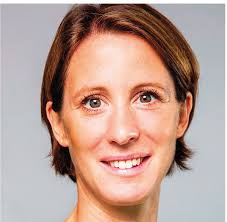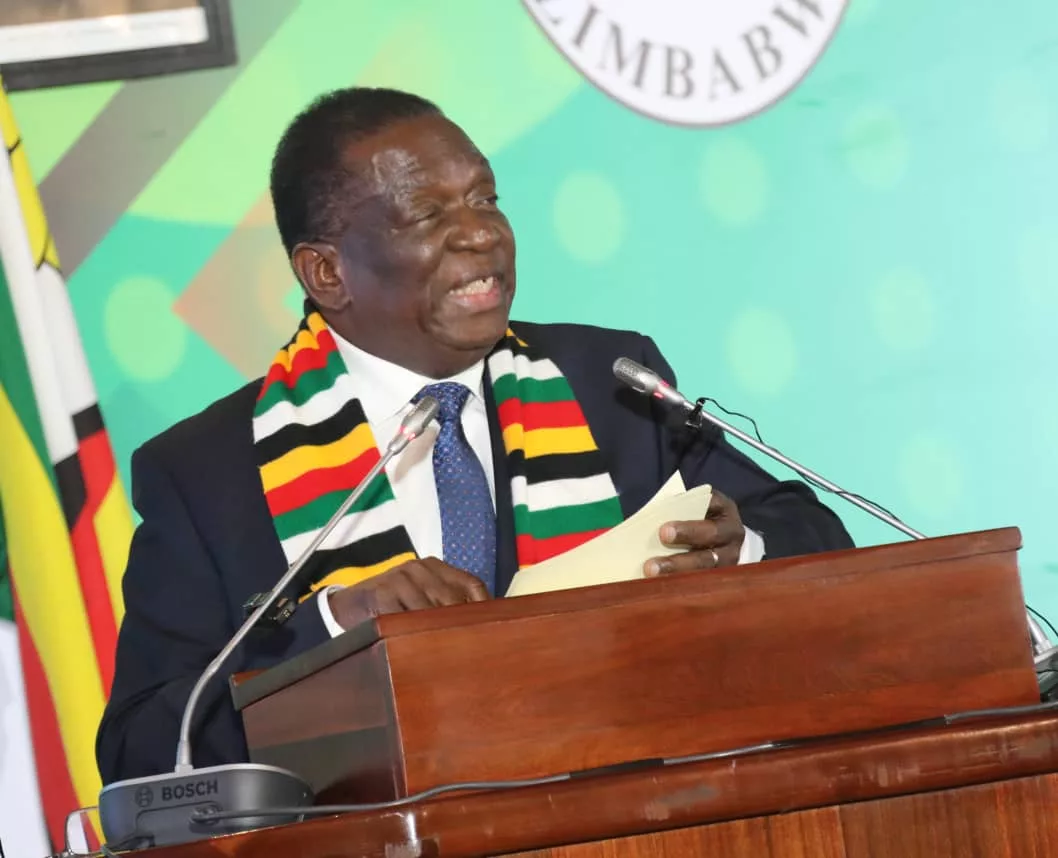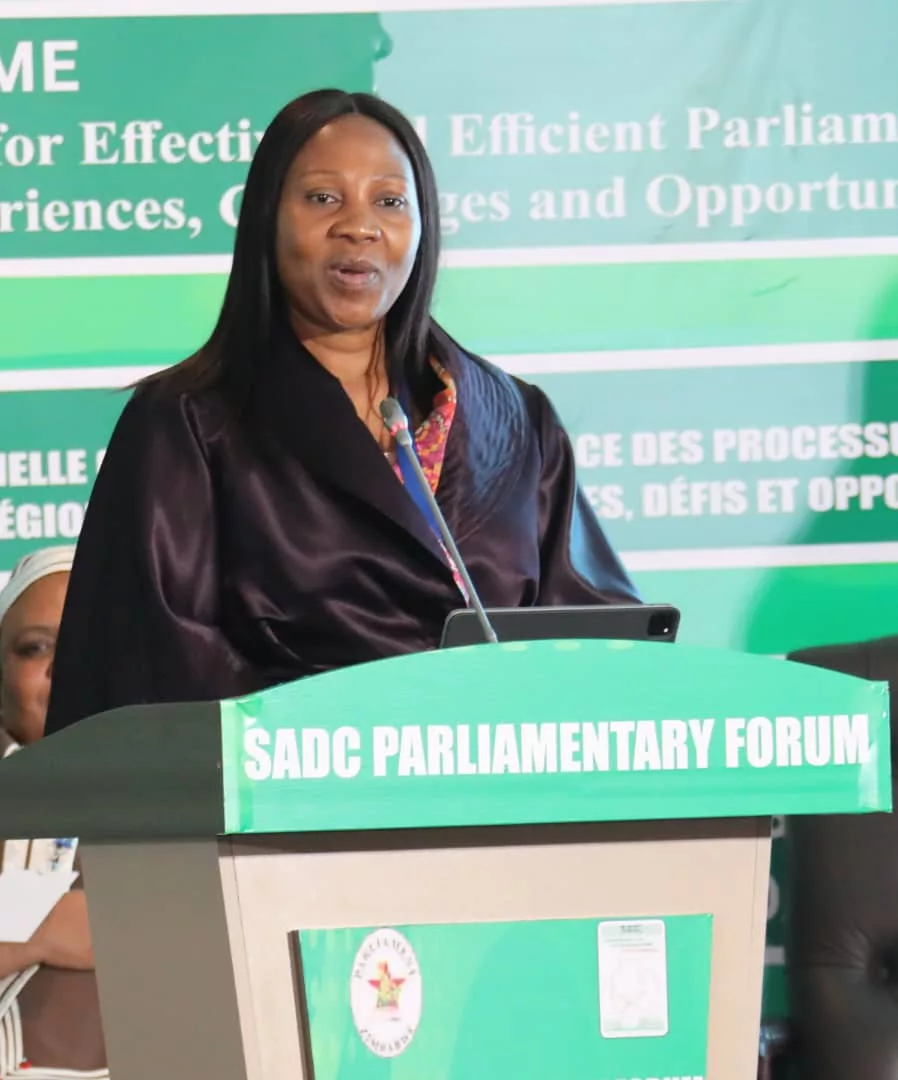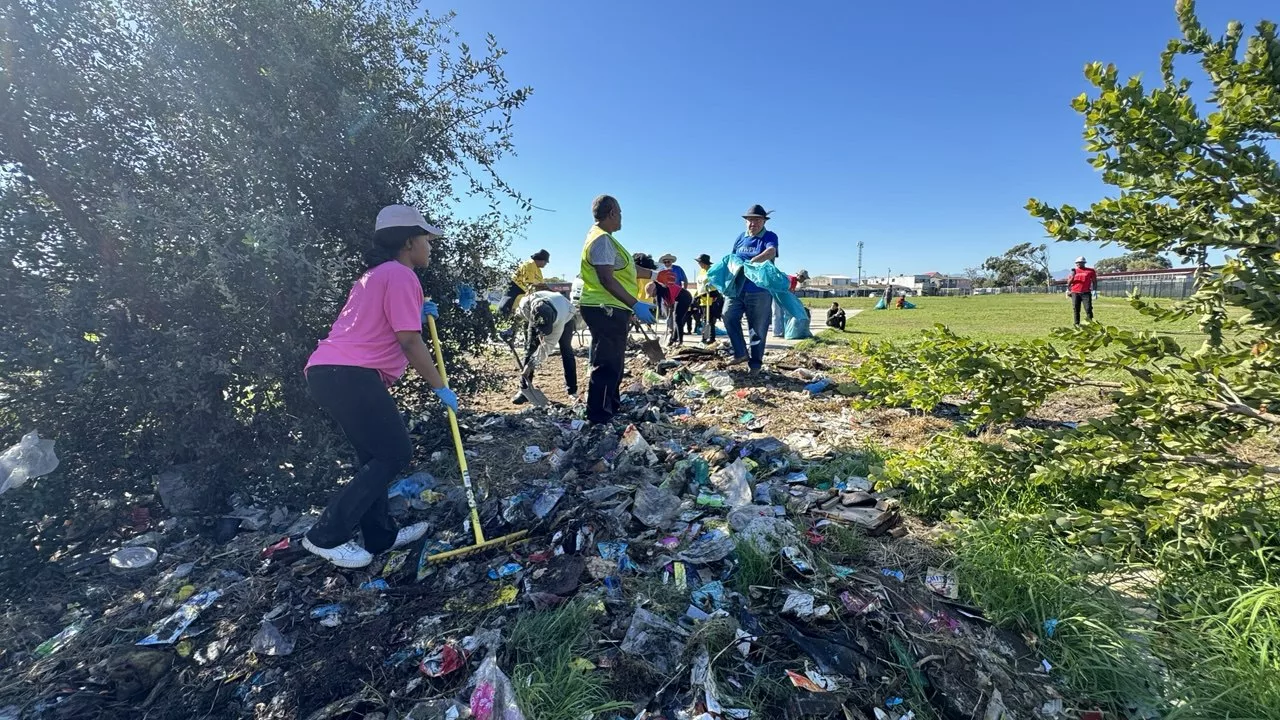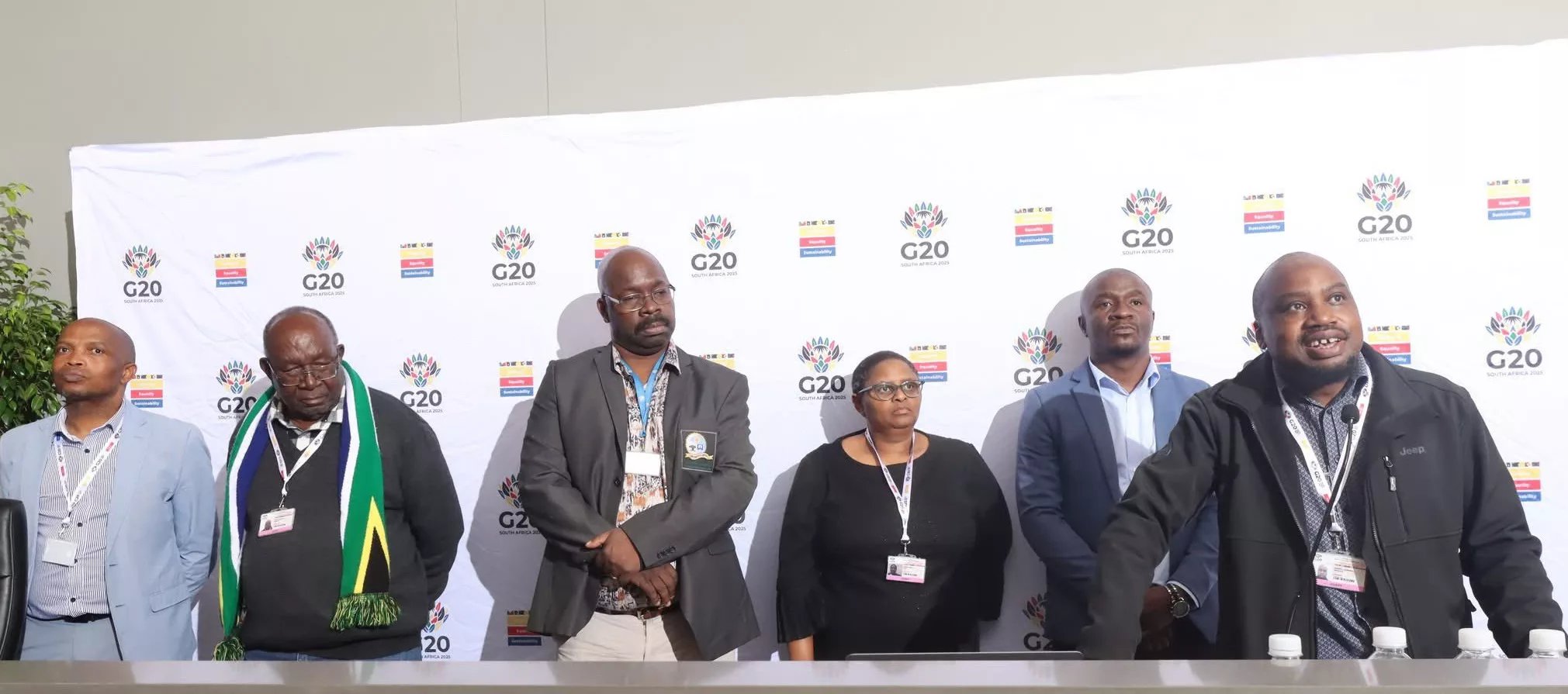By Byron Mutingwende
In pursuit of promoting economic development without depleting natural resources, the Swedish embassy in Harare has partnered the United Nations Children’s Fund (UNICEF) in a sustainable development project targeting young people on renewable energy and environmental sustainability.
To achieve that goal, the Swedish Embassy in Harare on Monday, 24 April 2017, signed an agreement in the amount of US$773 000 (7 million Swedish Kroner), to support UNICEF in the second phase expansion of its Green Innovations Hub (GiHub) programme.
The GiHub project, which began in 2015, is an incubation space that aims to ignite social change by inviting young people to develop creative solutions that can contribute to sustainable development.
In a statement, UNICEF said that through the GiHub project, young entrepreneurs have been invited to come up with ideas for sustainable products and services that promote renewable energy, environmental sustainability and help fight climate change.
“This is the first programme the Swedish Embassy is signing under its new 5 year strategy – and the first that will address environmental sustainability and renewable energy challenges in Zimbabwe,” said Swedish Ambassador, Sofia Caltorp. “We hope that the Hub will be a catalyst that will turn young people’s ideas into practical solutions to the challenges of climate change.”
The GiHub presents for youths in Zimbabwe a unique opportunity to address the dual challenge of climate change and youth unemployment in the country. It rides on four key elements which include capacity building in the area of environmental sustainability and renewable energy for young people and children; provision of an incubation and acceleration financing facility to test ideas as well as technical support for scale up; support to in-school young people to nurture innovative approaches to community challenges; and cultivating the culture of environmental stewardship among the youths and SMEs and contributing to climate change mitigation.
“Energy demand in Zimbabwe is growing gradually at a rate of 2 percent per year, which access remains low at 40 percent,” said UNICEF Representative Dr. Mohamed Ayoya. “There are still numerous barriers to energy access, among them finance and technology. This project seeks to address some of these challenges, to the benefit of families and communities across Zimbabwe.”
With support from the Ministry of Energy; Ministry of Environment, Water and Climate Change; and the Ministry of Primary and Secondary Education, UNICEF is partnering with Development Reality Institute (DRI) to scale up the GiHub project.
It emerged that with the funding from Sweden, the second phase of the project will further engage the initially funded projects and also recruit more entrepreneurs from those who submitted their ideas in the initial call. UNICEF said that mass media campaigns will invite more submissions, and to encourage greater gender equality in business, the programme will also pay specific attention to young female entrepreneurs.
The next phase, which is planned for June 2017 shall also include the placement of 20 youth innovators into private sector organisations for a period of one year to green their value chain and environmentally mainstream their operations.


